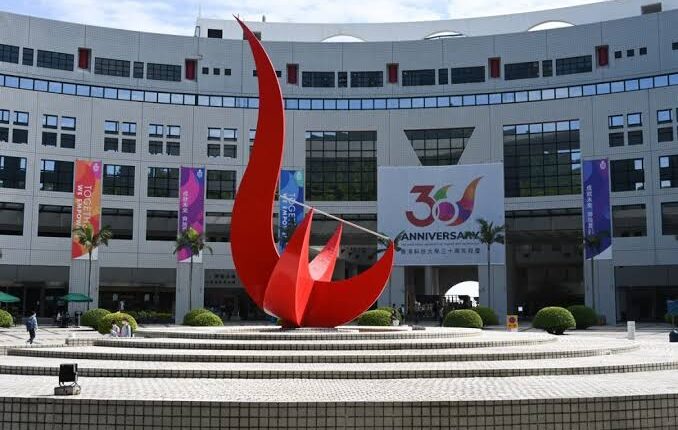Hong Kong Opens Doors to More Foreign Students Amid US Ban on Harvard Admissions
Hong Kong has announced plans to expand university access for international students following a controversial U.S. decision to block Harvard University from admitting foreign nationals—a move that has ignited global backlash and raised concerns about academic freedom.
The Trump administration’s action on Thursday, targeting Harvard over alleged links to anti-Semitism and the Chinese Communist Party, has thrown the futures of thousands of international students into disarray. A federal judge temporarily halted the decision on Friday after Harvard filed a lawsuit calling the ban “unlawful.”
In response, Hong Kong’s Education Secretary Christine Choi urged local universities to welcome affected students. “The Education Bureau has appealed to all universities in Hong Kong to provide facilitation measures for eligible students impacted by the U.S. policy,” Choi said in a statement. She added that institutions would benefit from relaxed restrictions on the maximum number of foreign admissions.
The Hong Kong University of Science and Technology (HKUST) quickly responded by inviting international students admitted to or currently enrolled at Harvard to continue their education in Hong Kong. “HKUST is extending this opportunity to ensure talented students can pursue their educational goals without disruption,” the university said, offering unconditional admission, streamlined procedures, and academic support.
This strategic move positions Hong Kong as an alternative destination for top-tier global talent amid growing education-related tensions between Washington and Beijing.
The U.S. government’s crackdown on Harvard has sparked political and diplomatic fallout. Homeland Security Secretary Kristi Noem accused the Ivy League institution of fostering “violence, anti-Semitism, and ties to the Chinese Communist Party.” President Trump has long criticized Harvard over its admissions practices and what he describes as its “woke” ideology.
Beijing condemned the U.S. action, calling it a “politicisation of educational cooperation” that would damage America’s global image. Harvard, currently ranked the world’s top university by U.S. News & World Report, relies heavily on its international student population, which includes about 1,300 Chinese nationals.
Students, scholars, and global observers worry the move could jeopardize Harvard’s stature and international appeal. “Without its international students, Harvard is not Harvard,” the university declared in its lawsuit.
For many students worldwide, gaining admission to Harvard has symbolized the pinnacle of academic success. Now, uncertainty looms for both incoming and current international students—including Belgium’s Princess Elisabeth, whose return for a second year now hangs in the balance.
While the court’s ruling offers temporary relief, the long-term implications remain unclear. For students like Walid Akef, an Egyptian art history graduate student at Harvard, the ban is deeply personal. “This decision could cost me 20 years of my life,” he said.



[…] controversy began when Nasty Blaq, in a candid exchange with fans, used Peller as an example while challenging the growing belief among some Nigerians that “education is a scam.” He asserted that Peller’s […]